Travel Time
We address travel time in a separate guide, as it can be complicated!
On Call Duties or “Waiting to be Engaged”
It can be beneficial to have employees rotate weekend on-call duties in efforts to respond to our customer needs. They can be contacted on their mobile devices so they are not required to remain in their home at all times.
If employees are not confined to their home or place of work and are free to use the time as they choose, the waiting time is not required to be counted as hours worked. The only time that is required to be counted as hours worked is the actual time employees are providing services to your customers. This scenario is called “waiting to be engaged” by the FLSA and does not require compensation for hours worked.
Even if there are some minor requirements on the employee such as “don’t drink excessively while on-call” or “be at least an hour away from the worksite”, you will not be required to pay. The more confining your requirements (for example: stay at home checking your computer email periodically), the more likely that you need to pay as in the following scenario.
“Engaged to Wait”
If an employer puts so many restrictions on the employee’s on call time that it truly limits their ability to use their time as they choose, then they are considered “engaged to wait”. This would apply if required to be on the employer’s premises for any work that might arise or if an employee who waits off premises does so under circumstances that preclude the use of the waiting time for his or her own purposes. This time is considered as hours worked by the FLSA and therefore compensable.
Medical exams
There are occasions when your employee needs an employee to get checked out by a doctor, for example: random drug tests, workplace injury exams, a return-to-work fitness for duty test after a period of incapacity for personal illness, or a viral test for COVID due to a safety concern.
If your company directs medical treatment, makes the appointments for “fitness for duty” exams and work-related injuries or illnesses during an employee’s working hours is considered as hours worked and is therefore compensable. The time spent traveling to and from the place where medical attention is provided is also considered as hours worked.
If, however, employees and the medical provider schedules follow up visits, the hours are not considered by the FLSA as hours worked. If the employee simply needs a return to work slip from their own doctor (who they presumably have worked with all along on an absence from work), that is not considered time worked.
Lunches and Breaks
North Carolina nor the federal government require that you give breaks or lunch periods, however, it is recommended. Two exceptions this are child labor laws and OSHA’s “General Duty Clause”. Youth under the age of sixteen should be given at least a thirty-minute break after five consecutive hours worked. OSHA could cite employers for violating the “General Duty Clause” for employee injuries caused by fatigue due to no breaks.
The FLSA’s position on breaks and lunches deals mainly with the duration of the breaks and lunches. Breaks in duration of twenty minutes or less are compensable. Even though your twenty-five minute lunch period on the surface appears to be compliant, complications arise with a non-exempt employee’s lunch is interrupted and the actual time the employee had for lunch drops down to twenty minutes which is compensable. That’s why Catapult recommends that unpaid lunch periods be at least thirty minutes.
It is extremely important that supervisors understand that lunch breaks should not be “work at the desk while eating”. Employees should be free from all work requirements while taking lunch.
Training Time
The Wage and Hour Division of the USDOL has determined that attendance at meetings, lectures, training programs, and similar activities need not be counted as working time if all the following criteria are met:
- Attendance is outside the employee’s normal working hours;
- Attendance is voluntary;
- The course, lecture or meeting is not directly related to the employee’s job; and
- The employee does not perform any productive work during such attendance.
Some confusing cases might be:
- An occasion when an employee chooses to take a completely personal training during normal work hours. If that is the case, the employee should take time off from work to go to the training to make the relationship between work and training clear.
- An offsite, after hours training which the employee agrees to go to, and which the employer states therefore is voluntary. If an employee would lose their job or be unable to perform it without a training, then the course is directly related to their job and is not truly voluntary, no matter what the employee and employer agree to call it.
- A class or course delivered after hours through the workplace which allows employees to learn skills that are unrelated to their current job and not required but could help them grow in the organization. In this case, the training may not require compensation.
- Homework time for compensable classes that is required for the degree or credit would be considered compensable.
Written by a Catapult Advisor.
See state law for state specific requirements.

